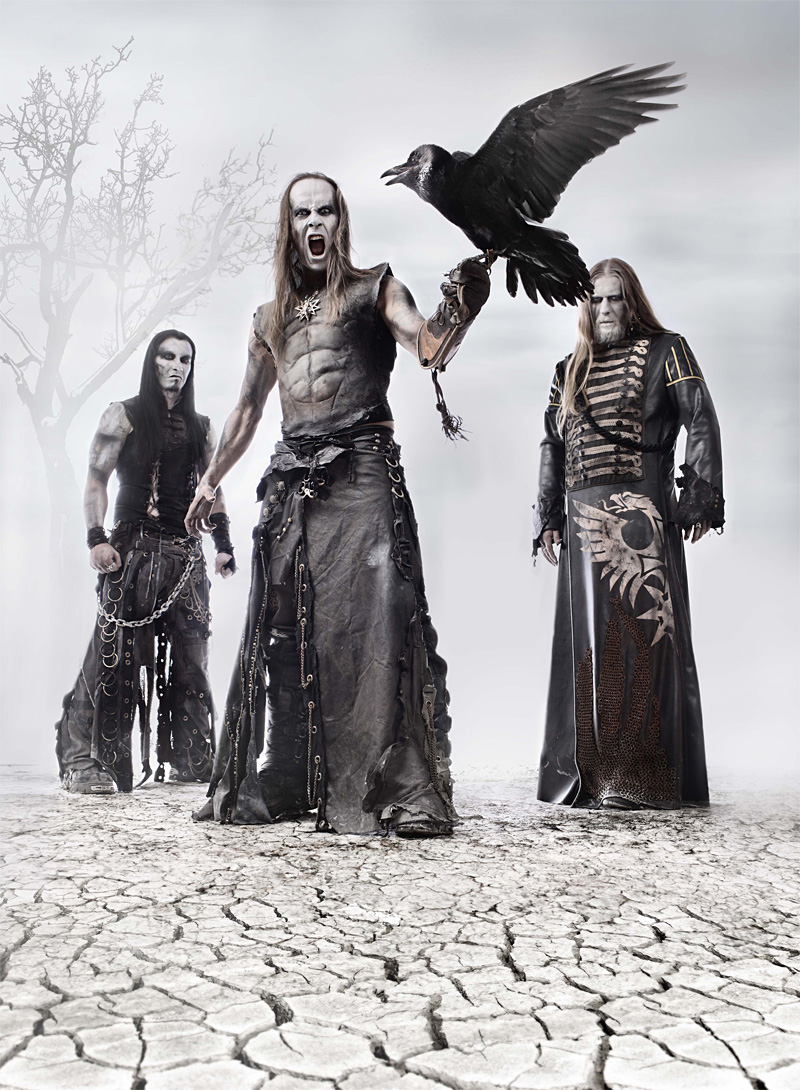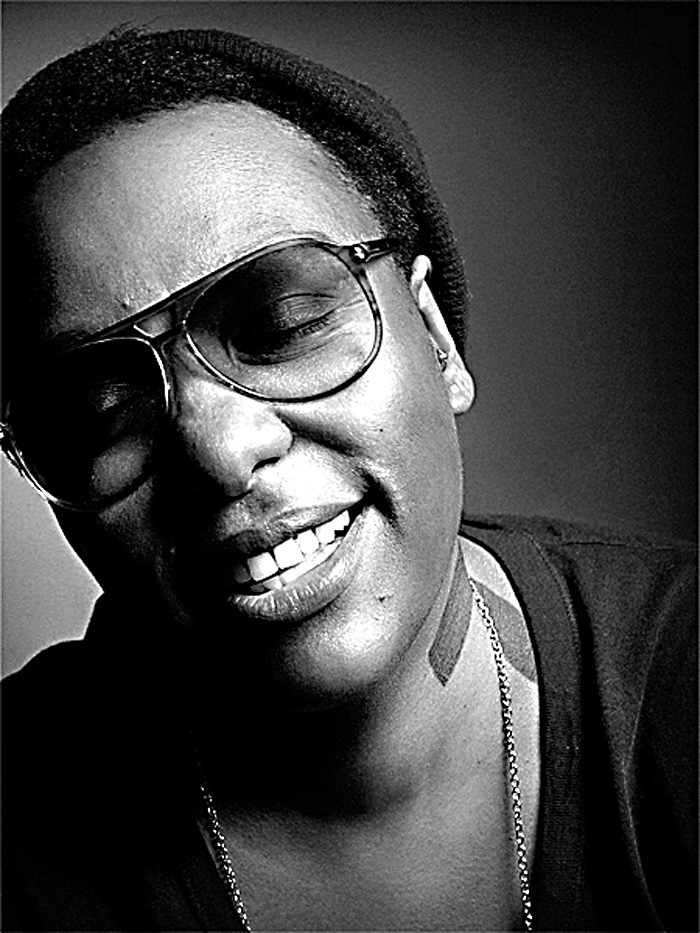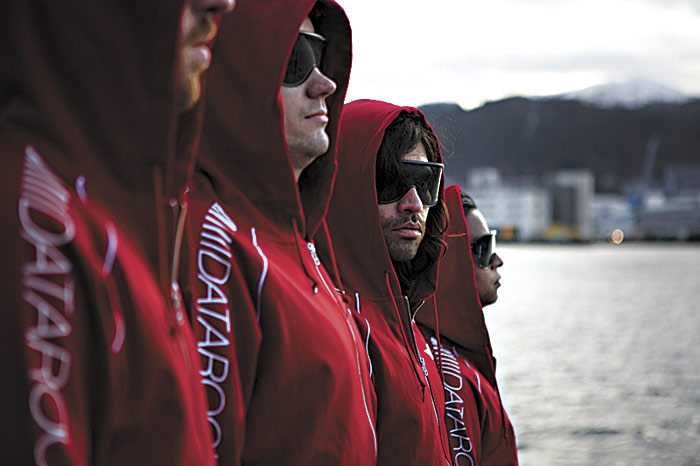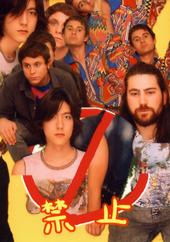In a 2007 interview for the Sundance Channel, English singer/songwriter Robyn Hitchcock holds a giant tarantula mask over his face and says, “I could take off my mask, and you’ll see my face, but my face doesn’t necessarily tell you more about me. In fact, the mask might tell you more than my face does.”
Maybe so, but focusing on Hitchcock’s outward quirks doesn’t tell you much about the man’s music, either. At least it won’t tell you as much as digging into the music itself ultimately will, in more brilliant detail. After initially marrying folk with psychedelia in the ’70s with the Soft Boys, followed by 30-odd years of hyper-prolific musical expression in myriad shades, moods, and styles, Hitchcock’s body of work reveals a more alluring truth than listeners can ever hope to see on the surface. And now, listeners with the constitution to do so can tackle that body of work from both ends—via the three albums he’s released since 2004 and the two recent reissue box sets (all on Yep Roc Records, with a third Yep Roc box, covering the Soft Boys era, coming later this year).
All told, we’re talking almost 20 albums’ worth of music—most of it released within a single three-year span—complete with loads of bonus material. As a result, Hitchcock’s career appears to be flourishing more than ever. Just a cursory look at some of this material reveals why his upcoming Seattle date is a cause for joy. On his first solo album, 1981’s Black Snake Diamond Röle, for example, Hitchcock straddles New Wave, pop, rock, psychedelia, and folk, putting distinct twists on them all. “I Watch the Cars,” for example, sounds like an art-damaged, swaggering version of the B-52s’ “Strobe Light” grinding on the dance floor with the early, punkish Police number “Dead End Job.” “Do Policemen Sing?” sounds like a more sinister, atmospheric cousin of Bowie’s “Fame” in a tense, dark-alley faceoff with Agents of Fortune–era Blue Öyster Cult. And “Out of the Picture” recalls the melodic harmonizing of the Byrds.
Yet the music-history books have consigned Hitchcock to a cozy place under the convenient and oversimplifying “psychedelic folk” tag. Meanwhile, descriptions of the music itself tend to underscore Hitchcock’s colorful personality. Hitchcock is of course aware by now of the persona through which he and his work are perceived.
“Those are lazy terms,” he says of the word “eccentric,” which must come up in just about everything written about him. “It’s like saying an apple is a fruit, or a psychiatrist is a human. Most people in my position would appear eccentric by now. Whether eccentric or not eccentric, the word is still included. It’s like, even if you’re not guilty, you’re still associated with guilt. I suppose I have to view the role as something that I imposed on myself to begin with.”
Although he acknowledges that his sense of who he is has gotten “distorted” at times along the way, he doesn’t get hung up on it. And neither, for that matter, should you. Hitchcock cites Michael Jackson, Dylan, and “half the Beatles” as others we might refer to as “eccentric.” But to be fair, none of those artists have had their way with outlandish imagery quite like Hitchcock has. Beyond the initial odd impression made by Hitchcock’s surrealist flair, there is more to the impact of his material than brain-tickling weirdness for weirdness’ sake. Anyone can wear masks, and lots of people spin weird tales, but what is it about Hitchcock in particular that enables him to make songs about tarantulas, crustaceans, reanimated birds, and amphibians (to say nothing of his many oddball human characters), and make it all seem natural and pretense-free?
While Hitchcock has spoken often of his disdain for normality, he admits via phone that he actually approaches his lyrics from a suburban perspective. Even though he’s spent his career straining against the normality he decries, he has also, in his way, remained true to the boundaries it’s imposed on him. And within this push-pull tension lies one of the keys to why the colors Hitchcock paints with retain such vibrancy well after their initial flash wears off.
In the liner notes for both box sets, Hitchcock makes explicit his dislike for the conservative politics that ran rampant in the 1980s, targeting Margaret Thatcher and Ronald Reagan specifically. Nonetheless, he shies away from overtly political songs, opting instead to flesh out vividly the sensations that politics create—however humorous, theatrical, or absurd the path he takes to get there. Hitchcock has pointed out that if he’s going to refer to the social issues that occupy him—he cites climate change as one—it’s important to convey his feeling from a comfortable distance. Thankfully, he has maintained that distance, because part of his music’s unique appeal and integrity comes from his mastery of portraying the intangible menace that lurks beneath the calm suburban exterior.
Though Hitchcock avoids coming across as contrived, his more recent work sounds even less labored than before. On his two most recent albums, 2006’s Olé! Tarantula and last month’s Goodnight Oslo (both of which feature R.E.M. guitarist Peter Buck, current R.E.M. fill-in drummer Bill Rieflin, and Young Fresh Fellows bassist Scott McCaughey—these last two both Seattleites), Hitchcock sounds like someone settling comfortably into the role of a maturing singer/songwriter. The clever metaphor is still present, but no longer functions as a mask. Hitchcock has even penned a few sad songs recently, something he says he purposely never used to attempt in the past.
“I wrote sad lyrics,” he explains, “but I never wrote sad music. I think my writing just got a bit more soulful.”
Surprisingly, Hitchcock says he doesn’t listen to music much, and rarely listens to his own work at all—other than to relearn old songs.
“I imagine that I know all 400 or 500 of my recorded songs word for word,” he says, “but I probably don’t. Inevitably, there’s about 40 or so songs that rise to a certain depth.”
Recently he’s made a point to include in his sets songs he hasn’t performed in a long time, which should bode well for local fans. Meanwhile, it’s a good thing that Yep Roc continues to churn out releases from Hitchcock’s back catalog, as he shrugs about the demise of the album as an art form, which he says is imminent.
“You can get as attached to these things as you choose,” he says, before explaining that each advance in technology has shaped our perception of music. Hitchcock acknowledges that in the grand scheme of things, his work requires attentiveness that listeners today just may not have. “There’s only so many gigabytes of memory a person has to work with,” he sighs.
Too true, but his catalog is indeed worth the room.








